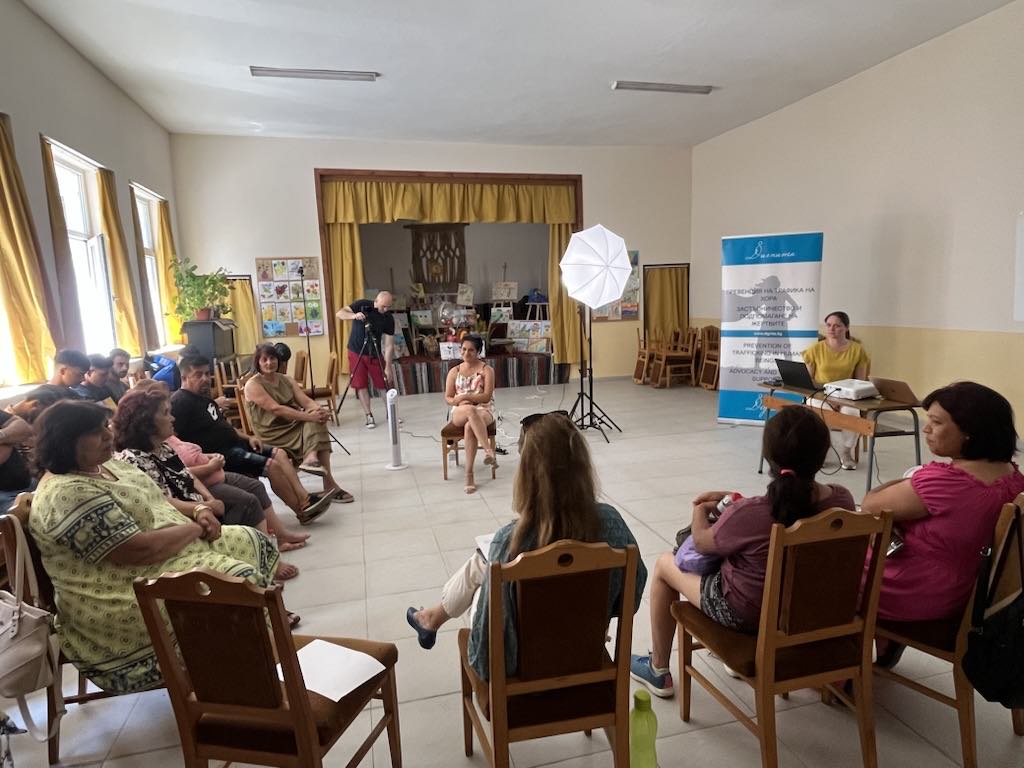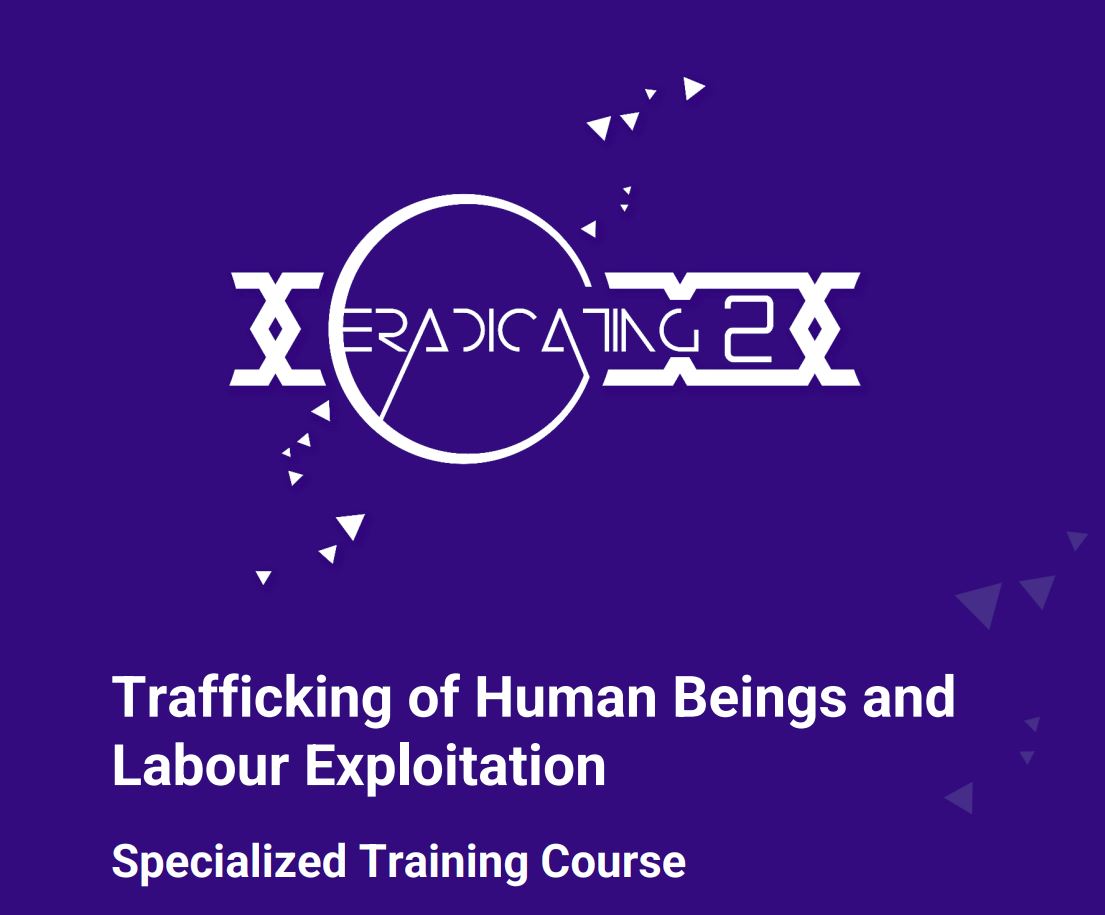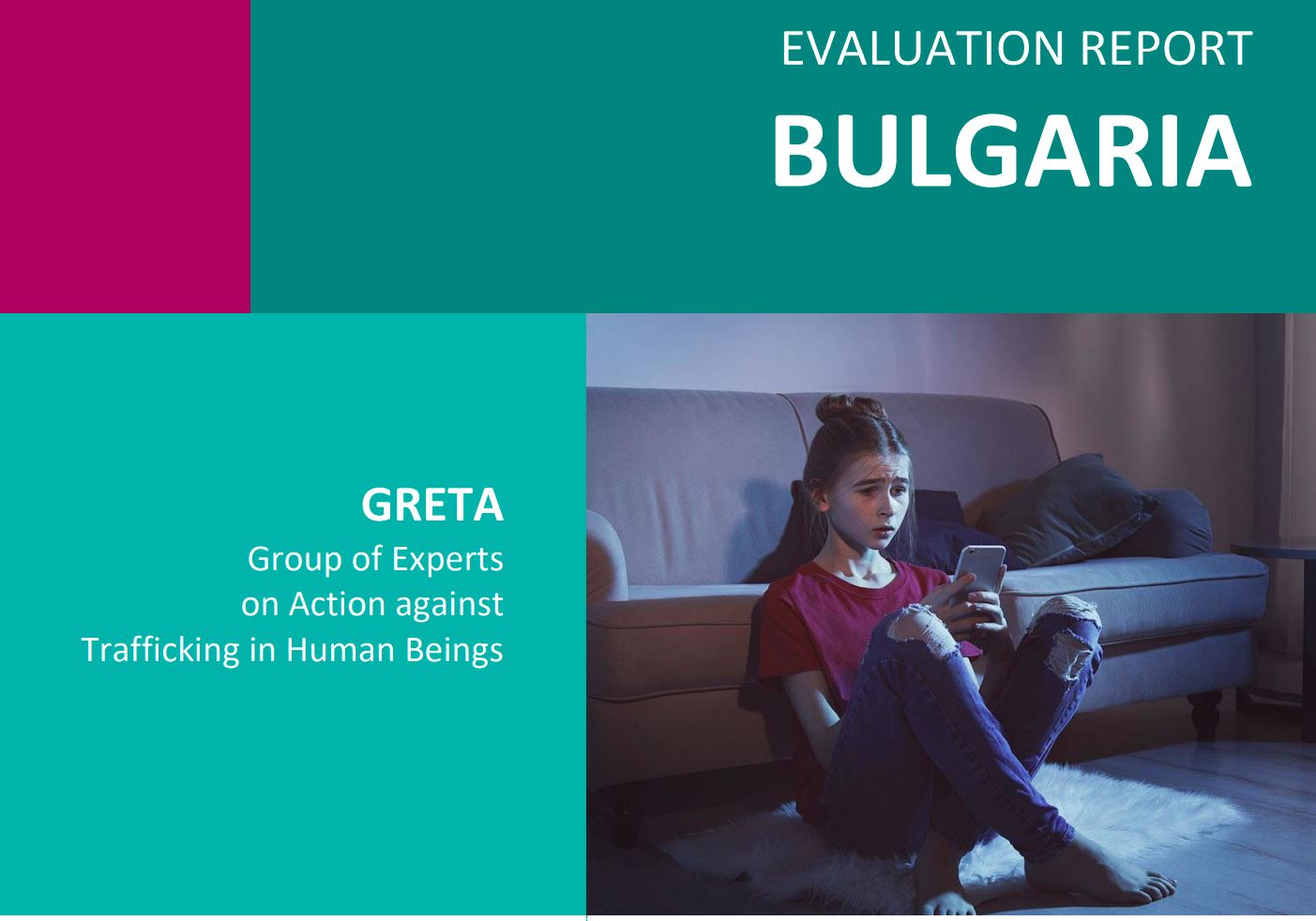EU Anti-Trafficking Day: Prevention Begins with Awareness and Community Work

On 18 October, Europe marks the European Anti-Trafficking Day, a reminder that human trafficking remains one of the most severe violations of human rights. In 2023, the European Union registered 10,793 victims of human trafficking which is the highest number since 2008, with a significant increase in cases of labour exploitation.
Behind these statistics are real people – men and women who were simply searching for a better life. Trafficking rarely begins with violence, it often starts with deception, dependence, or a lack of information.
In 2025, Dignita Foundation, with the support of the Embassy of the Kingdom of the Netherlands in Bulgaria, launched an initiative to raise awareness among vulnerable Bulgarian labour migrants, particularly within segregated Roma and Turkish communities.
The goal is to inform people about the risks related to labour migration and show them the path toward safe and legal employment.
How We Work on Prevention
Dignita’s approach to preventing human trafficking begins with a better understanding of root causes and the specific vulnerabilities and needs of those at risk. This year, our work started with field research in segregated Roma and Turkish neighbourhoods in the cities of Shumen and Kardzhali.
Residents of Vitosha and Byalata Prast in Shumen, and Borovets and Kalinka in Kardzhali, often seek seasonal or long-term employment in the Netherlands. They are particularly vulnerable as most do not speak Dutch or English, lack formal qualifications, have limited education, and face chronic poverty and unemployment in their home regions.
Our team conducted dozens of interviews with potential and current labour migrants, their families, and local mediators, as well as with Bulgarian migrants already in the Netherlands and representatives of local NGOs and authorities. We documented the real risks that drive people to take chances: unstable income, lack of trust in institutions, limited access to information, and often – the hope that “someone will help them find work abroad.”
During the research, we came across cases of labour exploitation, indicators of human trafficking, and a wide range of fraudulent recruitment practices targeting vulnerable migrants.
The collected data was used to analyse the risk factors and needs of potential migrants.
The findings highlighted the importance of practical, clear, and accessible information – based on real threats and tailored to people with limited literacy, no migration experience, and no access to online resources.
Information Materials for Safe Labour Migration
Based on this research, we produced two educational videos and an informational brochure, providing straightforward answers to the most common questions people ask before leaving to work abroad.
The first video explores the most typical schemes of deception – job ads without contracts and fake intermediaries. The second offers direct advice on what to check before travelling. A third video, created by our partner Barka Foundation in the Netherlands, provides practical guidance on living and working legally in the country.
Watch the videos:
- Real Stories: How to Avoid Exploitation in the Netherlands
- Red Flags and Where to Find Support
- How to Work Safely and Legally in the Netherlands
The brochure on safe labour migration can be downloaded here. It offers step-by-step guidance on verifying employers and intermediaries, understanding registration and employment rights, and finding support both in Bulgaria and in the Netherlands.
Community-based awareness raising
In the summer of 2025, Dignita organised pilot information sessions in segregated neighbourhoods of Shumen and Kardzhali, where residents have little access to specialists or reliable advice on safe migration. Future migrants had the opportunity to meet with labour migration experts, victim support specialists, and people with legal work experience abroad.
These sessions helped participants recognise risk situations, understand the current forms of exploitation, and learn how to demand contracts and seek help if they face difficulties.
On European Anti-Trafficking Day, we remind ourselves that awareness rasing is the strongest form of protection against exploitation. However, awareness alone is not enough. It must go hand in hand with addressing the root causes of trafficking: early school dropout, discrimination in the labour market, poverty, social exclusion, and the lack of accessible social services and orientation for labour migrants. Tackling these underlying causes requires a comprehensive response from both institutions and civil society – in the countries of origin and destination alike.
The project “Breaking the Chain” is implemented by Dignita Foundation, with the support of the Embassy of the Kingdom of the Netherlands in Bulgaria.
Latest News:

Vulnerabilities to Labour Exploitation: Field Insights from Kardzhali and Shumen

How Institutions Can More Effectively Counter Labour Trafficking
